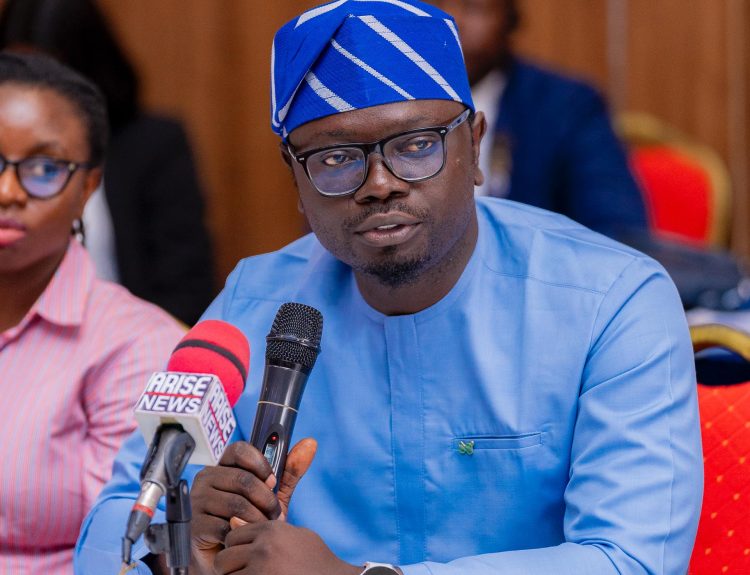The Nigerian Communications Commission (NCC) has declared its readiness to collaborate with security agencies to arrest and prosecute individuals responsible for vandalising Critical National Information Infrastructure (CNII) across the country.
Speaking at a media engagement in Abuja on Thursday, the Commission’s Executive Vice Chairman and CEO, Dr. Aminu Maida, warned that anyone found guilty of damaging or disrupting vital communication infrastructure would face legal action. Maida, who was represented by Mrs. Nnena Ukoha, Deputy Director and Head of Corporate Communications Management, described CNII as essential computer systems and telecom networks whose compromise could gravely affect national security, the economy, public health, and safety.
His remarks follow President Bola Tinubu’s recent signing of the “Designation and Protection of Critical National Information Infrastructure Order, 2024,” aimed at safeguarding strategic digital assets from cyberattacks and physical sabotage.
“The Act provides clear guidelines for prosecution. Its enforcement lies under the Office of the National Security Adviser (ONSA), and we are working with agencies such as the Nigeria Security and Civil Defence Corps (NSCDC) to clamp down on culprits,” Maida stated.
He added that the Commission observed, about two years ago, that major telecom operators were suffering significant financial setbacks due to foreign exchange burdens, despite steady revenue growth. This financial strain, according to him, led to a dip in service quality.
However, Maida revealed that the recent tariff adjustments have revived operator profitability, creating room for reinvestment in network upgrades. “We expect investment in the telecoms industry to exceed the figures from the last two years,” he said.
Explaining the rationale behind the introduction of the USSD end-user billing system, Maida noted that it was part of broader industry reforms to boost efficiency and improve consumer experience.
He also highlighted the critical role telecommunications play in national security, pointing out the rising threat of cyberattacks and infrastructure disruptions. “Telecoms are at the heart of national security. Without stable communication systems, security agencies cannot function effectively,” he said.
Beyond security, Maida emphasized that telecommunications are key to public welfare and digital development. “A stable telecom infrastructure supports every sector of the economy, enables access to essential services, and fosters social and economic inclusion,” he concluded.














